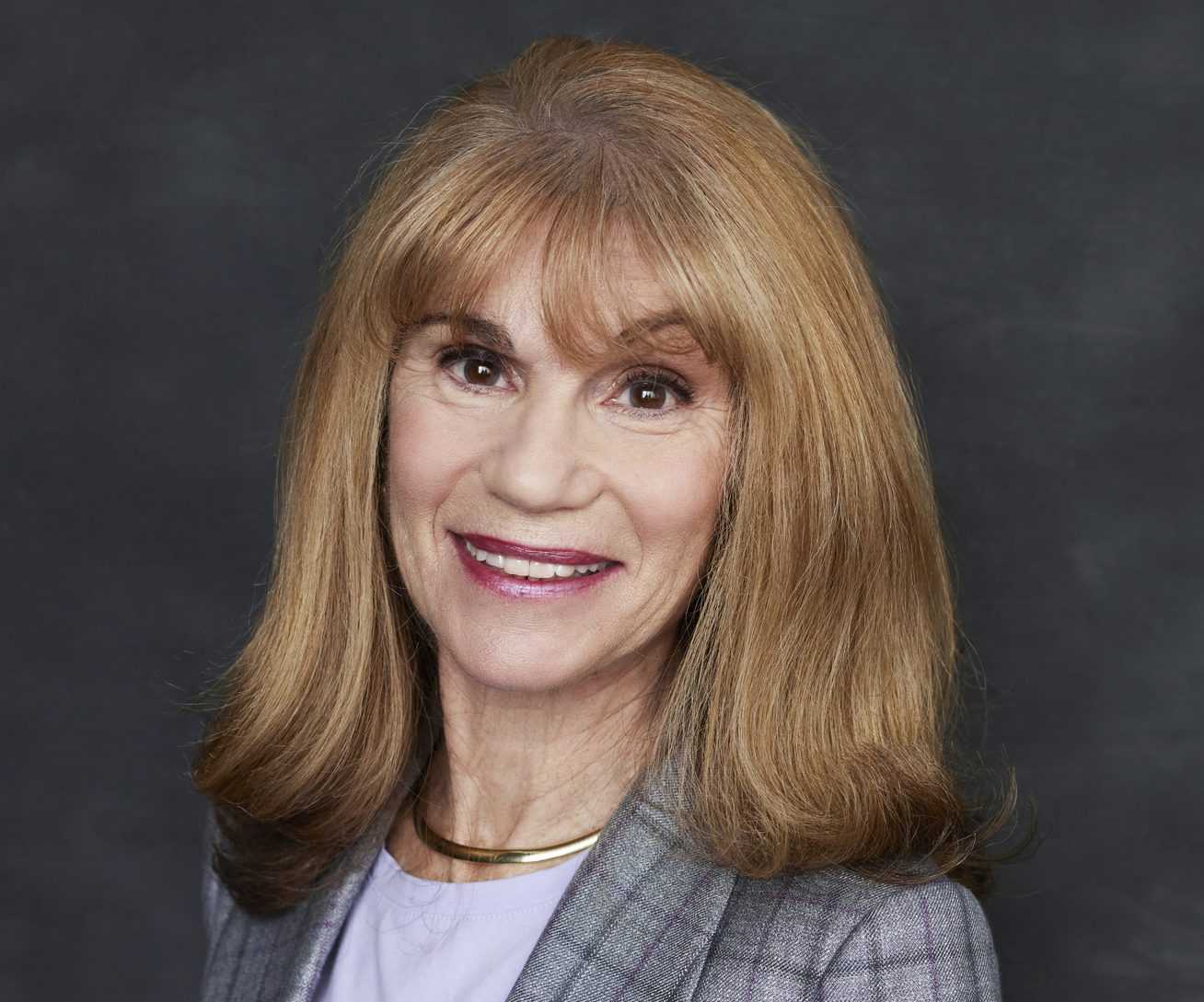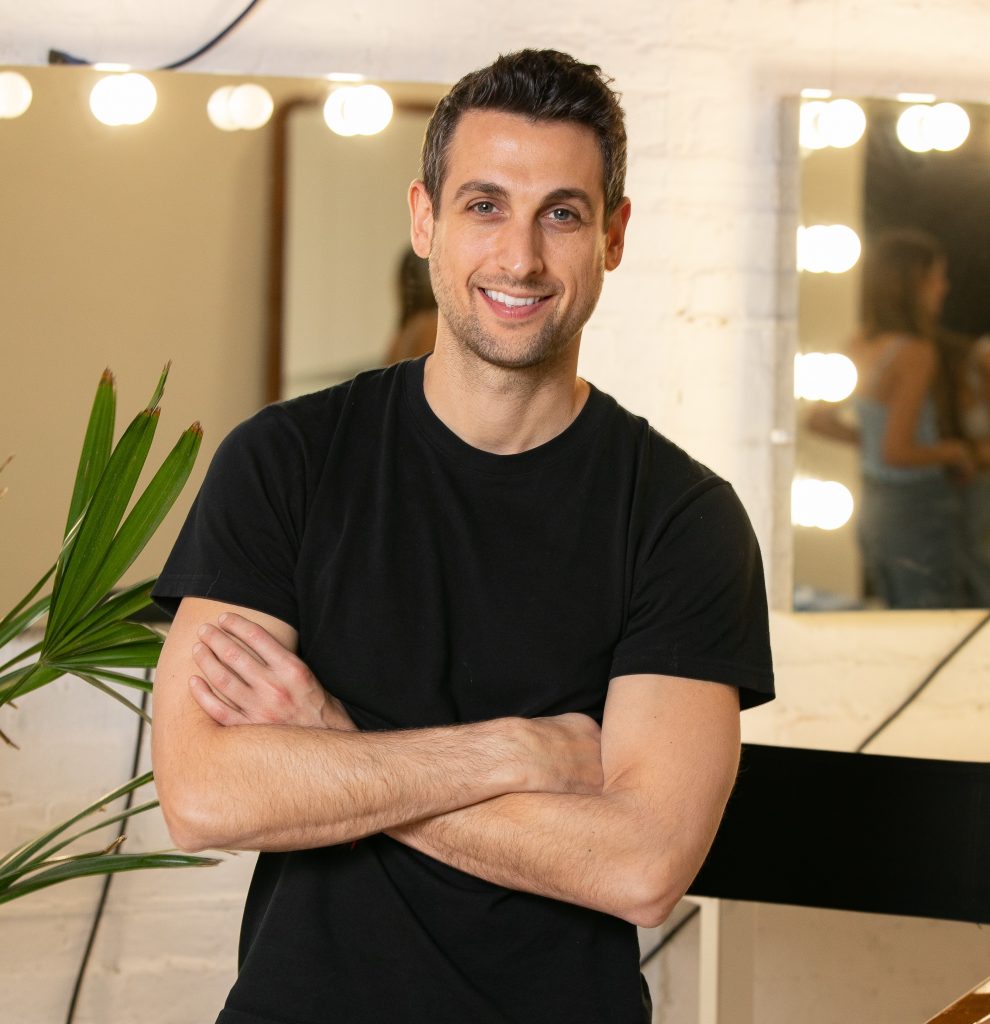MANAGEMENT ONE’S DANE COHEN ON THE NEED FOR NEW


Dane Cohen has joined the Management One team in the new role of business development manager. The team is focused on merchandise planning and retail consulting; Mike Alic joined as new president a few months back.
Cohen’s decade-long background includes launching The Tents at Project, building global sales for Helmut Lang, and merchandising for Lester’s, a specialty department store chain based in New York. Here, we speak with him about the pandemic-caused crisis as it impacts men’s specialty stores.
Q: Let’s get right to the key question: what should retailers be doing to stay in business until the world gets back to normal?
A: The most important step is to invest cash in the right places. It’s been shown that the impact on retailers is K-shaped: the top 20 percent are doing better than expected; the bottom 20 percent worse than expected and the middle 60 percent can go either way. Since inventory is their biggest investment, merchants must understand where and how they’re spending their dollars. With too much tied up in inventory, there’s no cash flow. With the right data, merchants know what’s selling and what’s not, what to buy more of, and what to get rid of. Data is at the center of planning; it’s your GPS on how to spend.
Q: But do you not agree that retailers who rely too heavily on data are looking back rather than forward. Especially now that the future is unlikely to look like the past…
A: It’s not about looking back; it’s about bringing newness to the customer. We pull in data from hundreds of specialty stores across the country. This allows us to add context to our recommendations for improving cash flow, speeding up turn, getting out of slow-moving goods, and flowing in fresh styles to inspire purchasing. Of course, we use software algorithms but it’s not about blindly buying what you already sold. We’re not just putting numbers on a spreadsheet: we’re meeting with stores monthly and updating plans weekly. We’re creating a metric for success: turnover equals cash.
Q: Can you be specific about “investing cash in the right places”?
A: In menswear, casual comfortable looks will remain important for at least the next few seasons: athleisure, loungewear, yoga-inspired, designer sneakers. And streetwear collaborations like Zegna and Fear of God are becoming increasingly important, as are technical fabrics and, for younger customers especially, sustainable brands. But stores have to get in front of it: we’re in a moment when retailers must adapt quickly or suffer the consequences. The traditional model is being shattered. It’s now about Failing Fast: maximizing current opportunities and getting out quickly if it’s not working.
Q: With declining foot traffic and more shutdowns on the horizon, do you really think specialty stores can successfully compete with online?
A: Yes. Once COVID-19 cases are on the decline, people will crave the comfort of familiar places and faces. I believe specialty merchants will live and die by their ability to service the customer; it remains their primary advantage and will become even more important as customers tire of online shopping. That said, although it took them a long time, specialty retailers who (forced by the pandemic) finally established a digital presence and an e-commerce platform are doing well. It’s a matter of creating a unified shopping experience, of meeting customers where they want to shop.
Q: Where do you personally shop for clothes these days?
A: I hate to admit it since I’ve always enjoyed shopping in stores but lately, I’ve become an online shopper, mostly East Dane and Mr. Porter. But to be totally honest, sizing is often inconsistent and things don’t always fit the way they’re supposed to so I do get tired of packing and shipping returns. There’s something to be said for touching and trying on in a real store.
I love the Todd Snyder store by Madison Square Park in Manhattan: it’s a wonderful prototype for lifestyle shopping: the designer’s own fashion, collaborations, salon, café, eyewear, vintage watches. It’s a total immersion into a world of style and a place where you want to hang out. Rothmans too has done a great job: I wasn’t always their target customer but they’ve brought in new styles from progressive interesting brands; there’s now a great selection for various generations.
Q: A final word on your goals in this new position?
A: Management One is a data-driven support system for retailers with a focus on educational programming, on providing resources, training, and webinars. We service more than a thousand locations and plan $2 billion in retail revenue. I look forward to working with our many retail clients as we find our way to a profitable new normal.
—
Dane Cohen can be reached at dane@management-one.com.








